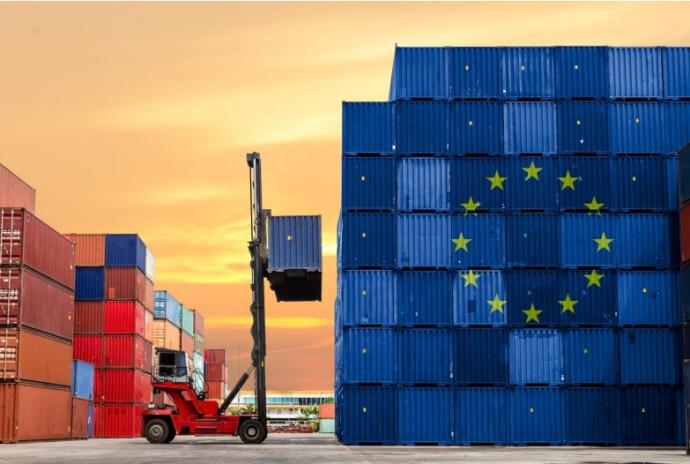
Approximately 86 million fake items were detained in the European Union in 2021, an increase of almost 31% compared to 2020, according to a joint report by the EUIPO and the European Commission. However, the estimated value of fake items detained in the EU amounted to over EUR 1.9 billion, a decrease of circa 3% in 2021 compared to 2020.
The report also shows that the five most detained products, in terms of the number of items detained in the whole EU, were packaging material, cigarettes, labels, clothing and toys. These items accounted for more than 53% of the products recorded.
Ten Member States (Italy, Germany, the Netherlands, France, Romania, Portugal, Spain, Belgium, Malta and Hungary) accounted for almost 97% of the total number of fake items detained in 2021 in the EU. Italy clearly led the way, with 39% of the total number of fake items, and with 41% in terms of estimated value.
The number and value of goods infringing intellectual property rights detained at the EU border by customs authorities were higher in 2021 than in 2020. While their value increased by only 4% compared to the previous year, the number of items detained at the EU border in 2021 went up by 56%. When it comes to internal market detentions, more fake goods were stopped by police and market surveillance authorities than in 2020 (an increase of more than 16%). The value of those goods decreased, however, due to the higher percentage of detained items belonging to cheaper product categories.
The report is based on figures provided by police, customs and market surveillance authorities in 2021 and published today by the European Commission’s Directorate-General for Taxation and Customs Union (DG TAXUD) and the European Union Intellectual Property Office (EUIPO) in a joint document on ‘EU enforcement of intellectual property rights: results at the EU border and in the EU internal market 2021’. The joint annual brochure shows the annual results for enforcement of IP rights by EU enforcers at the EU border and in the EU internal market respectively.
As in previous years, China remains the main country of origin for the majority of fake goods entering the EU in 2021, followed by Türkiye (from which the most detained category was clothing) and Hong Kong, China (from which the most detained category was labels, tags and stickers). In 2021, which was the second year of the COVID-19 pandemic, postal, express courier and air transport remained the most significant means of transport in terms of the number of cases registered.
This joint document aims to provide useful information to support the analysis of IPR infringement in the EU and the development of appropriate countermeasures by relevant enforcement authorities, since the figures allow for a better understanding of the scope and extent of the problem. On a broader scale, it should provide EU policymakers with data for developing evidence-based priorities and policies.
For more information on this topic, and to read the document itself, please click on the links, below.
- The full joint document.
- The previous joint document of the European Commission’s Directorate-General for Taxation and Customs Union and the EUIPO’s ‘EU enforcement of intellectual property rights: results at the EU border and in the EU internal market 2020’
